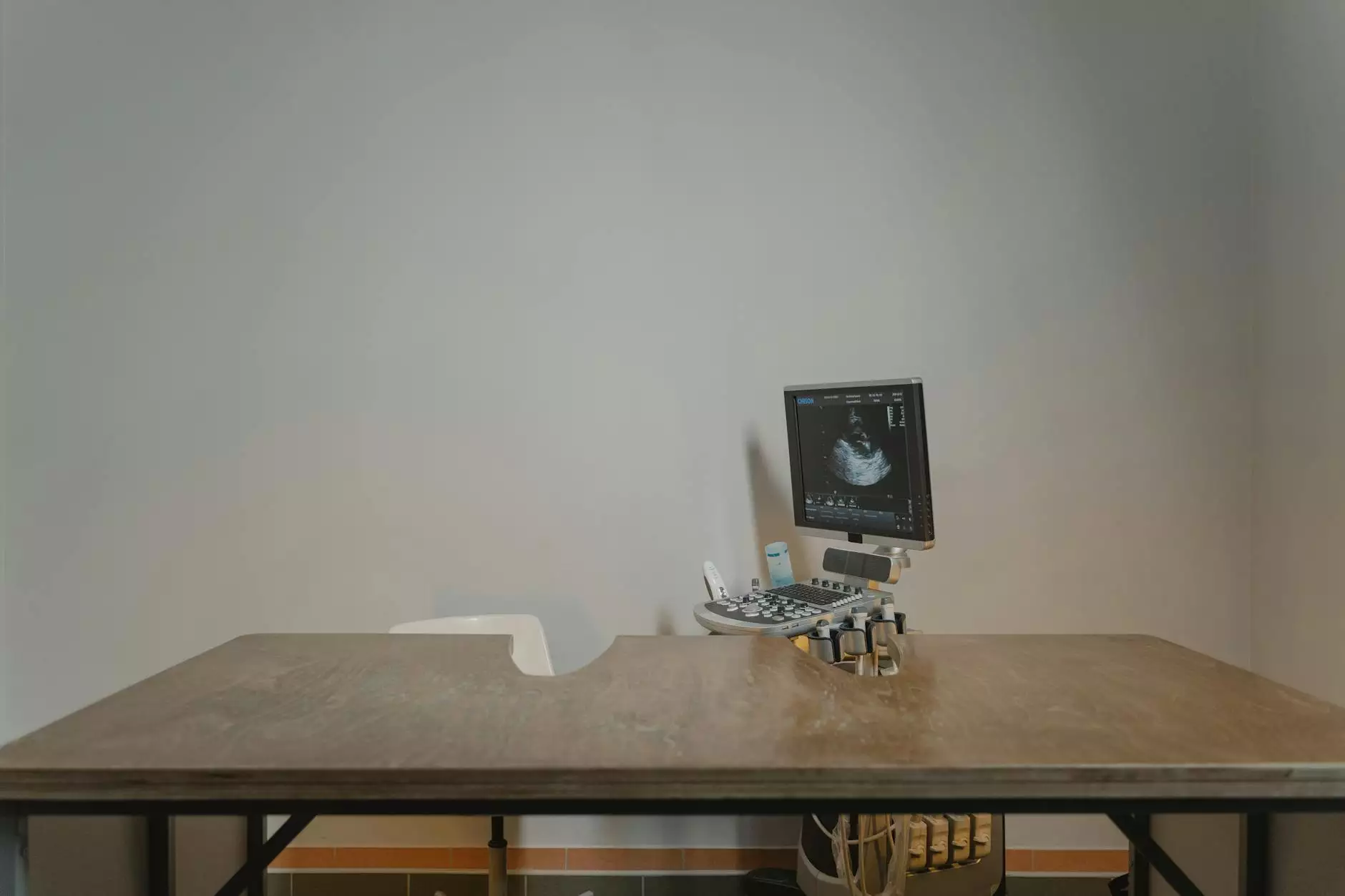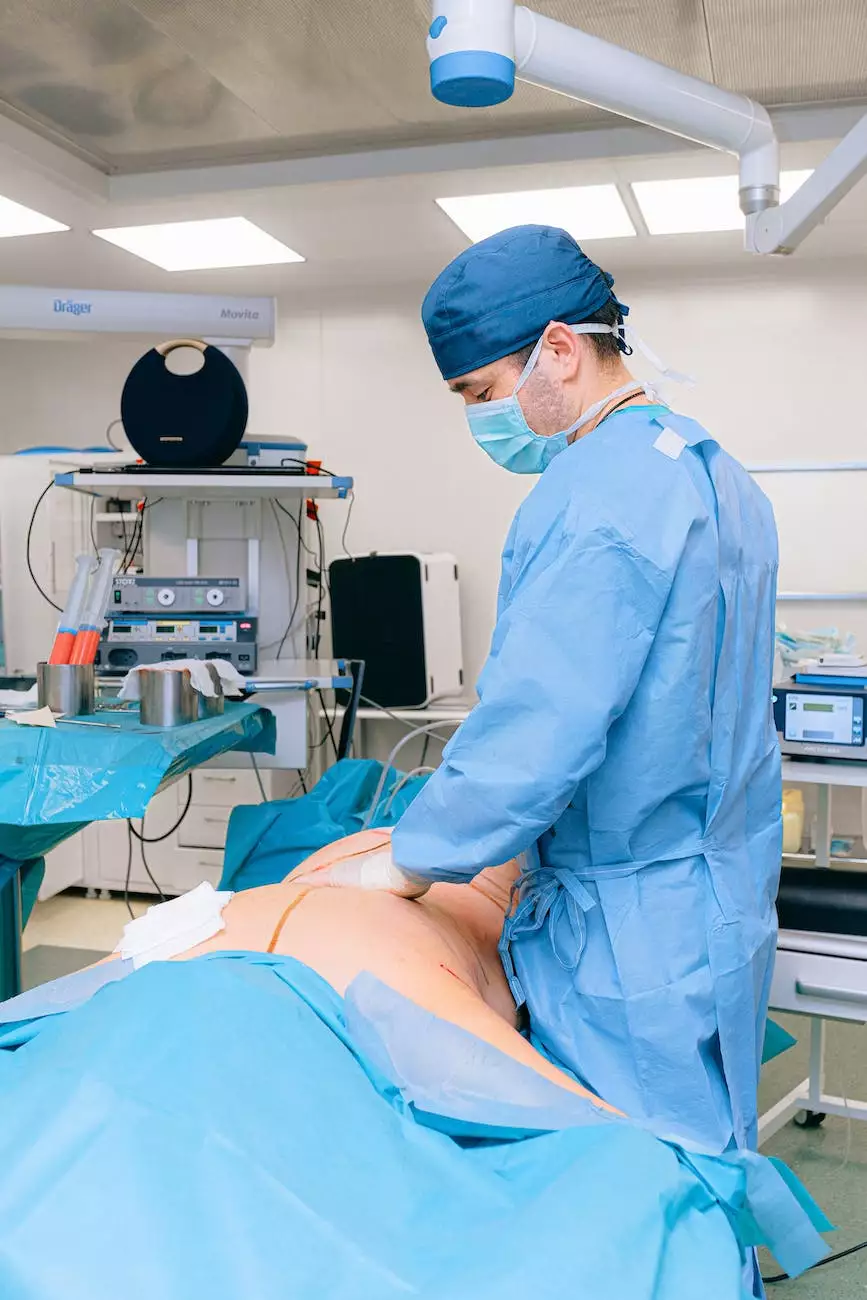9 Ways to Ease Allergies Without Medicine
Health Equity
About Norton Community Medical Associates
Welcome to Norton Community Medical Associates, your trusted healthcare provider in the field of allergies. With our expertise and commitment to patient care, we are dedicated to helping you find natural ways to ease allergies without relying solely on medication. We understand the impact allergies can have on your daily life, and we are here to empower you with knowledge and effective strategies to manage your symptoms.
Understanding Allergies
Allergies occur when your immune system reacts to substances that are normally harmless, such as pollen, dust mites, pet dander, or certain foods. The immune response triggers various symptoms, including sneezing, itchy eyes, nasal congestion, coughing, and skin irritation. While medications such as antihistamines can provide relief, there are several natural methods you can explore to ease allergies without relying solely on medicine.
1. Maintain a Clean Living Environment
Dust, pet dander, and mold are common allergens found indoors. Regularly vacuuming or sweeping your floors, washing beddings in hot water, and using air purifiers can help reduce exposure to allergens and alleviate allergy symptoms. Keeping your living space clean and free from dust and irritants can make a significant difference in managing your allergies.
2. Minimize Outdoor Allergen Exposure
When pollen counts are high, it's important to minimize your exposure to outdoor allergens. Stay indoors during peak pollen times, use air conditioning to filter air, and keep windows closed. If you need to go outside, consider wearing sunglasses to protect your eyes and a mask to reduce inhalation of allergens.
3. Try Natural Allergy Remedies
Several natural remedies have shown promise in managing allergy symptoms. These include saline nasal rinses, steam inhalation, herbal teas, and local honey consumption. While research on the effectiveness of these remedies may vary, many people find relief by incorporating them into their allergy management routine.
4. Follow a Healthy Diet
A balanced diet rich in fruits, vegetables, and omega-3 fatty acids can help support your immune system and reduce allergies. Avoiding processed foods, sugary drinks, and excessive alcohol consumption can also contribute to improved allergy management. Consult with a nutritionist or dietitian to create a personalized diet plan that suits your specific needs.
5. Manage Stress Levels
Stress can worsen allergy symptoms by impacting your immune system's response. Engaging in stress-reduction techniques such as meditation, yoga, deep breathing exercises, or regular physical activity can help alleviate allergies indirectly by promoting overall well-being and immune system function.
6. Keep Hydrated
Staying hydrated can help thin mucus secretions and ease nasal congestion, reducing discomfort associated with allergies. Aim to drink plenty of water throughout the day and limit your intake of dehydrating beverages like caffeinated or sugary drinks.
7. Maintain Personal Hygiene
Regular hand washing, especially after outdoor activities, can help remove allergens that may have accumulated on your skin and prevent them from spreading to your face and nose. Additionally, washing your hair before bedtime can help remove pollen or other outdoor allergens that might have accumulated during the day.
8. Consider Allergen Immunotherapy
Allergen immunotherapy, commonly known as allergy shots, is a long-term treatment option for managing allergies. It involves gradually exposing your body to small amounts of allergens to desensitize your immune system over time. Discuss with your healthcare provider to determine if this treatment option is suitable for you.
9. Consult with an Allergist
If you're struggling to manage your allergies or need personalized guidance, it's recommended to consult with an allergist. They can help identify specific allergens triggering your symptoms, offer advice on managing allergies without medication, and provide further treatment options tailored to your unique needs.
Conclusion
There are various effective ways to alleviate allergies without relying solely on medication. Norton Community Medical Associates encourages you to explore these natural methods, maintain good hygiene practices, and seek professional guidance to manage your allergies successfully. By adopting these strategies and incorporating them into your daily routine, you can experience improved quality of life and reduce the impact of allergies on your overall health.









